While most of us talk to our cats all the time in our own human languages, we often forget that cats have a language of their own. They talk to us with their bodies as well as their voices and it’s important to understand what they’re telling us so we can respond correctly. If you’ve ever wondered how to understand your cat’s language and “talk” back to them, check out this list below.
#1 – Blink Slowly
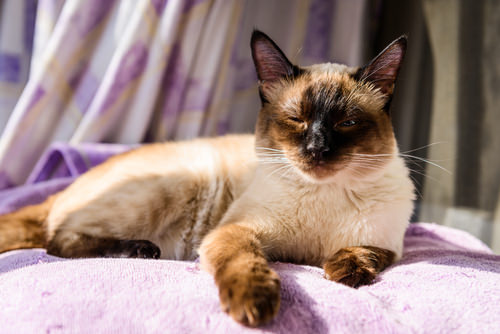
Slow, continuous blinks might seem meaningless, but they’re actually a sign that you cat is happy to see you. In the feline world, slow blinks mean that you pose no threat and you can be trusted, as closing your own eyes means you trust the other cat.
Click page 2 below for the next tip!
#2 – Don’t Stare
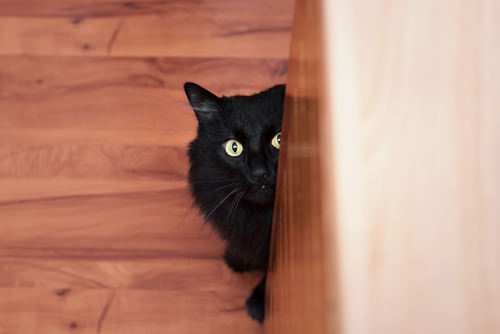
Staring is almost always a threatening gesture. This is why many cats feel uncomfortable in situations where people are constantly looking at them. Direct eye contact typically means you’re looking to cause some trouble. It’s perfectly reasonable to want to look at your cat, just make sure you aren’t staring directly and giving them some space to feel safe.
#3 – Chattiness is Good
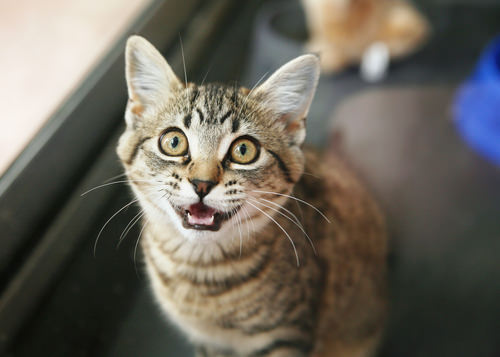
Cats are known for making all sorts of noises and these noises can mean different things. Chattering is very common when cats greet their owners at the door or when following their owners around the house. Chattering is your cat simply talking to you in a friendly manner, letting you know they like you and want to interact with you.
#4 – No Tummy Rubs
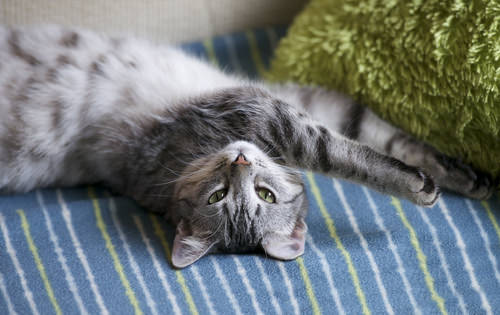
One of the biggest mistakes people make with cats is rubbing their bellies when they’re on their backs. When a cat is relaxed and comfortable, they might stretch out on their back and expose their belly, but this doesn’t mean they want you to touch it. They’d typically prefer you relax with them and appreciate that they feel safe and comfortable around you.
#5 – Understand Purring
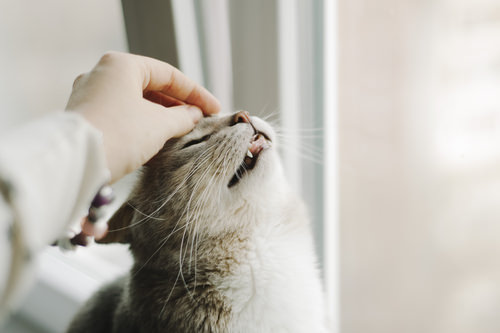
Purring is almost always a sign of comfort and security. Your cat’s purring should certainly make you feel loved, but it’s important to note that cats will also purr when they’re sick or injured and need to comfort themselves. So long as you know your cat is healthy, purring should be taken as a great sign of affection.
#6 – Enjoy Kneading
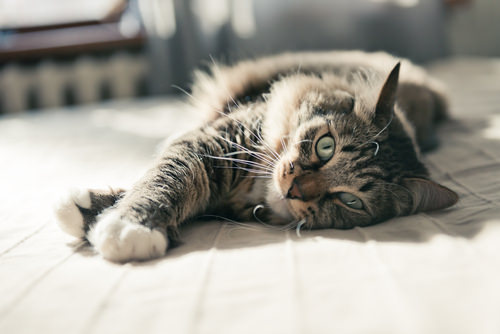
Kneading is another sign of affection and it’s believed that it’s a transferred behavior from kittenhood. When cats are young, they knead on their mothers while nursing, which leads many to believe that kneading on humans is the ultimate sign of affection.

